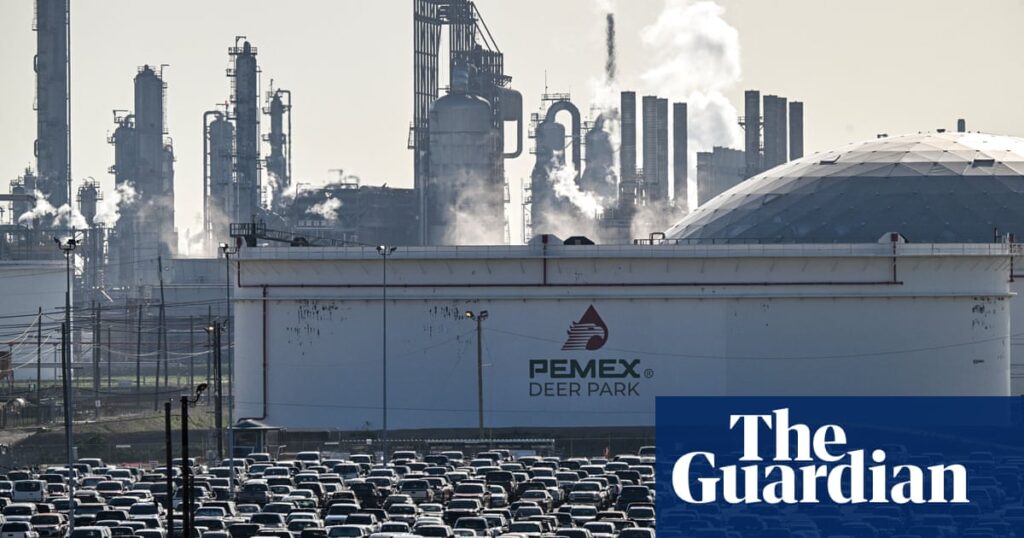In an era where global climate action is more critical than ever, recent moves by former U.S. President Donald Trump have sparked concerns over their potential to derail progress. The imposition of tariffs, particularly those targeting trade with China, threatens to disrupt the green energy sector, which relies on international collaboration and investment.
The aftermath of what has been dubbed “liberation day” saw economic experts sounding alarms about a possible global recession. This downturn could have severe implications for investors, including those in the green energy sector, which is vital for achieving climate goals. The specter of a prolonged recession has already led to a drop in oil and gas prices, making it cheaper to pollute and harder to justify investment in clean energy alternatives like electric vehicles and low-carbon heating.
Trade Tensions and Green Energy
Trump’s aggressive trade policies, particularly the tariffs against China, pose a substantial threat to the U.S. clean energy industry. China, as the world’s largest manufacturer of clean energy technologies, plays a crucial role in the global supply chain. The tariffs could stifle green investment in the U.S., the second-largest carbon emitter globally.
Leslie Abrahams from the Center for Strategic and International Studies expressed concerns that these tariffs would likely hinder the U.S.’s efforts to advance its clean energy initiatives. The U.S. heavily relies on importing clean power technologies, and these tariffs are expected to increase the cost of developing clean energy solutions domestically. “And not just imports of the final goods. Even the manufacturing that we do in the United States relies on imported components,” Abrahams noted (source).
The U.S. government aims to bolster its manufacturing base by establishing new factories, yet this will take time and involve significant expenses. The materials needed to construct these facilities, such as cement, steel, and aluminum, are also subject to tariffs, further complicating the situation.
Global Impact and Opportunities
According to Kingsmill Bond from the energy thinktank Ember, while the U.S. faces setbacks, the global clean energy transition remains robust. “The more the US cuts itself off from the rest of the world, the more the rest of the world will get on with things and the US will be left behind,” Bond stated.
Analysis by 350.org indicates that despite challenges in the U.S., the global shift towards renewables will continue unabated. Andreas Sieber from 350.org mentioned, “Trump’s tariffs won’t slow the global energy transition – they’ll only hurt ordinary people, particularly Americans.”
Renewable energy companies are expected to continue their projects in the U.S. but may look to other regions for future investments. Emerging markets in Southeast Asia, Australia, and Brazil stand to benefit from this shift as they seek to reduce their reliance on fossil fuels and attract green investments.
U.S. Role in the Global Climate Agenda
Despite the current challenges, the U.S. remains a significant player in the fight against climate change. Marina Domingues from Rystad Energy emphasized that the U.S. is a major emitter, making its actions crucial to the global energy transition.
With a projected 10% increase in U.S. electricity consumption due to AI data centers and a rise in domestic manufacturing, the country’s energy demands are growing. In the absence of a thriving clean energy industry, fossil fuel use is likely to increase, exacerbating climate emissions.
Trump’s recent executive orders to prevent the phasing out of coal have drawn criticism from climate advocates. Anne Jellema from 350.org described these actions as a “dangerous fantasy” with adverse effects on health, the economy, and the future.
Original Story at www.theguardian.com
